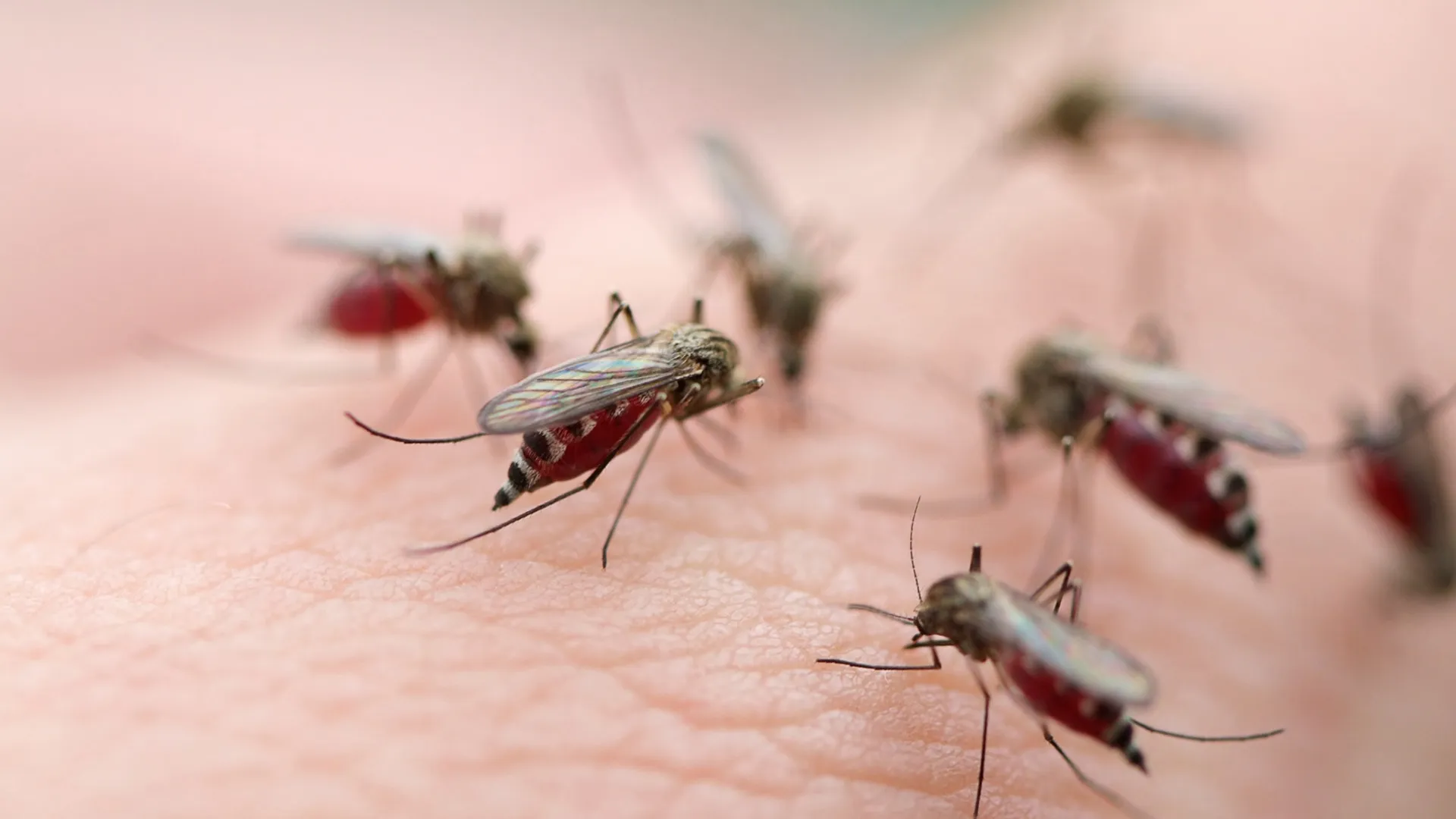ALBUQUERQUE, N.M. (KRQE) – This summer, mosquitos are everywhere in Albuquerque. You can find them along the bosque, in the parks, and even around your home.
The city is experiencing its second mosquito wave this year. But is it as bad as before?
Officials from the city’s environmental health department say it’s too early to tell. According to Nick Pederson, Environmental Health Manager with the Urban Biology Division, mosquito numbers have been lower in 2024 compared to last year.
“We had fewer mosquitos this spring due to less runoff,” Pederson mentioned. “Last spring was pretty bad, especially in the bosque.
Some mosquitos emerged later this year. Typically, we see tiger mosquitos in late June, and while they appeared on time in some places, they were delayed in other neighborhoods.”
The severity of the monsoon season impacts the number of mosquitos in the city’s second wave. Pederson explained, “Mosquito populations can rise with more monsoon moisture. Water is crucial for their life cycle.”
According to the source. heavy rain in late June contributed to the current mosquito situation. “The city received about one to two inches of rain, which is a lot of water,” Pederson said.
He predicted that mosquito sightings would increase about two weeks after the rain, which has been confirmed. “Our surveillance shows a rise in mosquito numbers,” he added.
The city monitors mosquito populations using two types of surveillance. Long-term sites along the bosque region from the north to the south end of the county have 20 to 30 trap sites.
“We set traps in the evening and collect them in the morning. The mosquitos are brought to our lab, frozen, identified, and counted. Certain species are tested for West Nile Virus,” Pederson explained.
Urban trapping focuses on tiger mosquitos (Aedes aegypti). “In recent years, we’ve documented their range in the city and found they are virtually everywhere,” Pederson said.
To reduce mosquito bites, Pederson suggests avoiding times when mosquitos are most active, such as early morning and evening.
Read more news:
- Biden Campaign Mobilizes Across Georgia Ahead of Debate Clash
- Kristi Noem Denies Formal Vetting for Trump’s VP, Focuses on Winning Strategy
Wearing long sleeves and pants can also help, even though it may be uncomfortable in the heat. Insect repellents are recommended, and natural options like lemon eucalyptus work well but need frequent application.
It’s also a good time to check screens on windows and doors. Pederson advised, “Check water sources like bird baths, rain barrels, fountains, and dog dishes.
Clean them weekly and keep the water fresh to prevent stagnation.”
Here are the annual mosquito numbers collected by the City of Albuquerque from 2016 to 2022:
- 2016: 130,471
- 2017: 52,587
- 2018: 27,777
- 2019: 126,952
- 2020: 43,338
- 2021: 73,235
- 2022: 92,207

